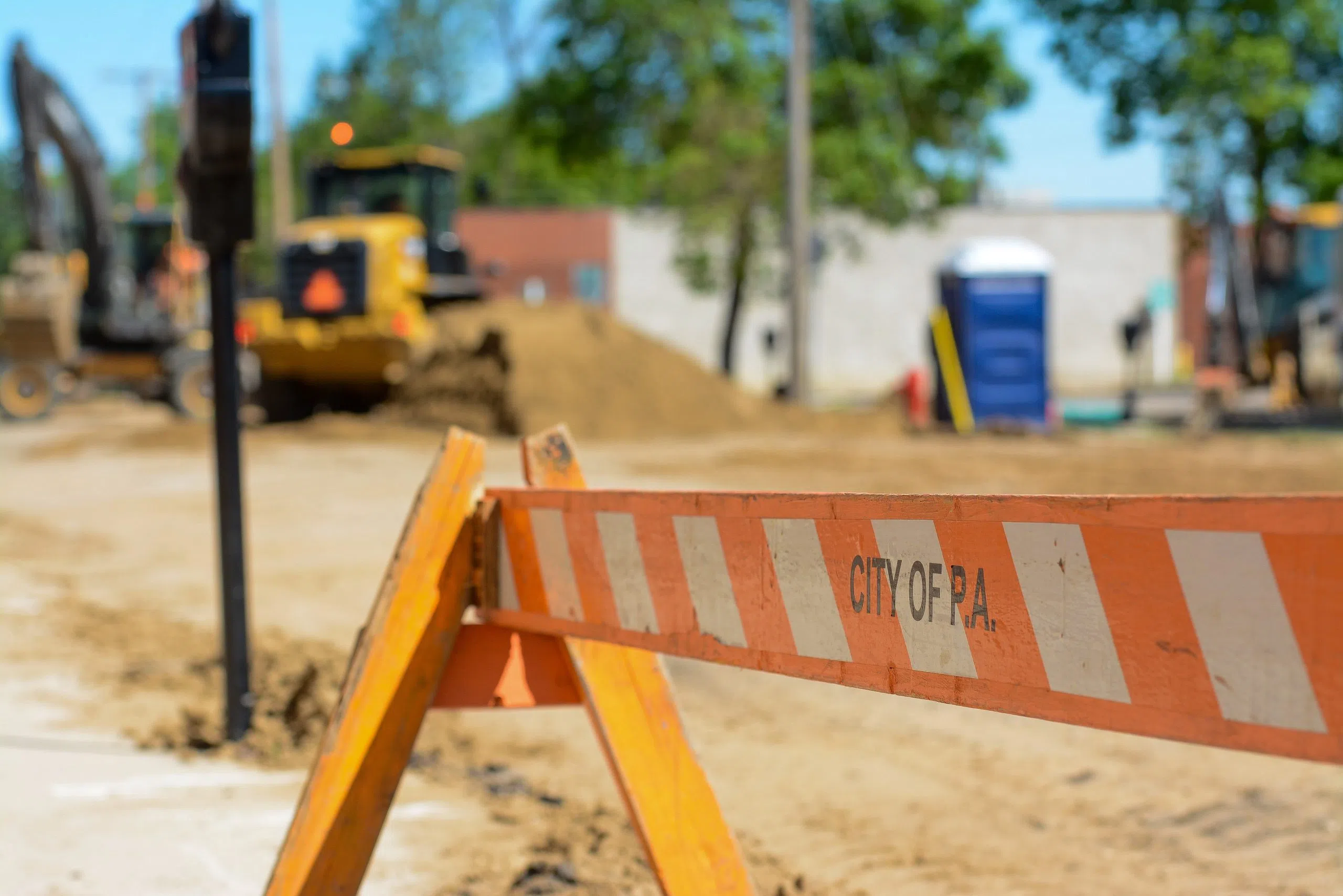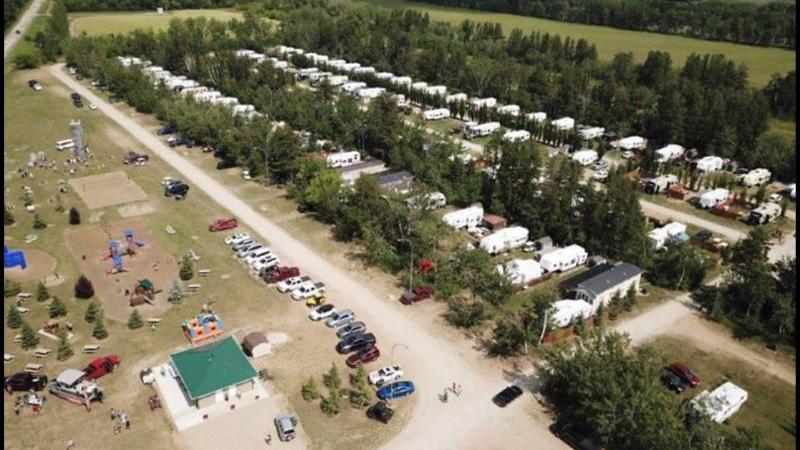
City mulls initiatives for lead connector replacement program
The City of Prince Albert is looking to find ways to better achieve the replacement of hundreds of lead service connectors used in its water distribution system.
In a report Monday, city council was updated on the city’s lead water pipe replacement program and potential options to encourage private owners to replace lead connectors on their property.
There are an estimated 750 lead connectors still running under city streets that are owned by the city. It is unknown the number of private lead connectors as century-old records are incomplete or were not properly updated.
The city is only responsible for the maintenance and upkeep of the water system up to property lines.


